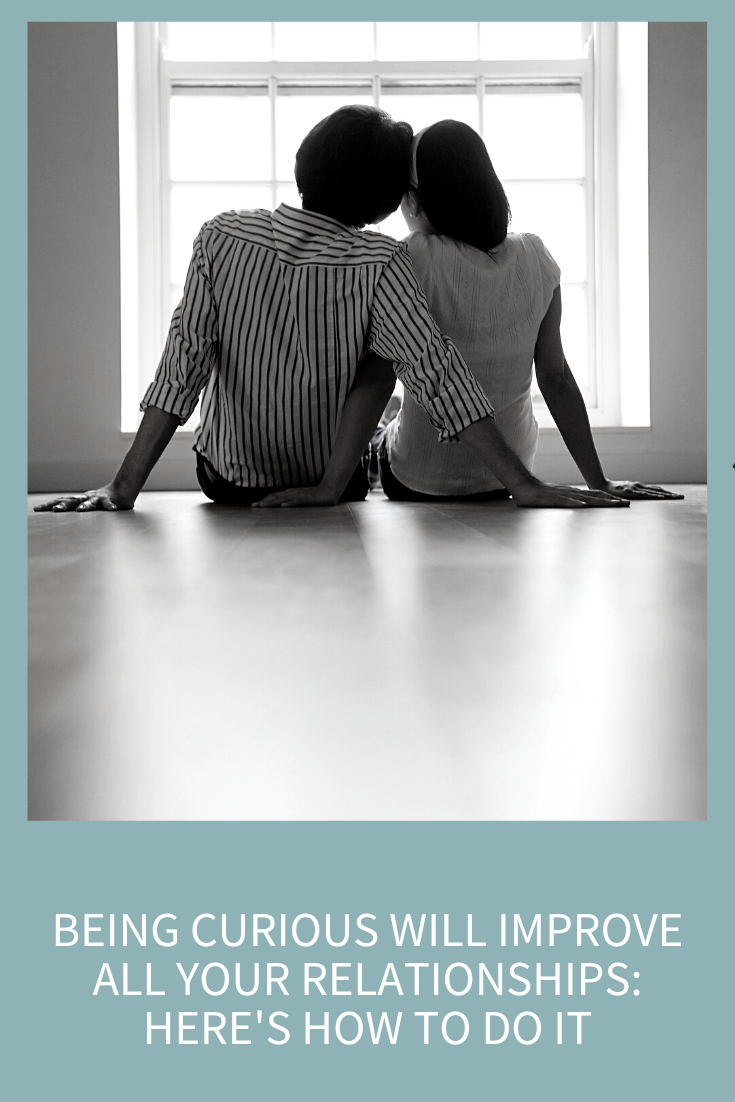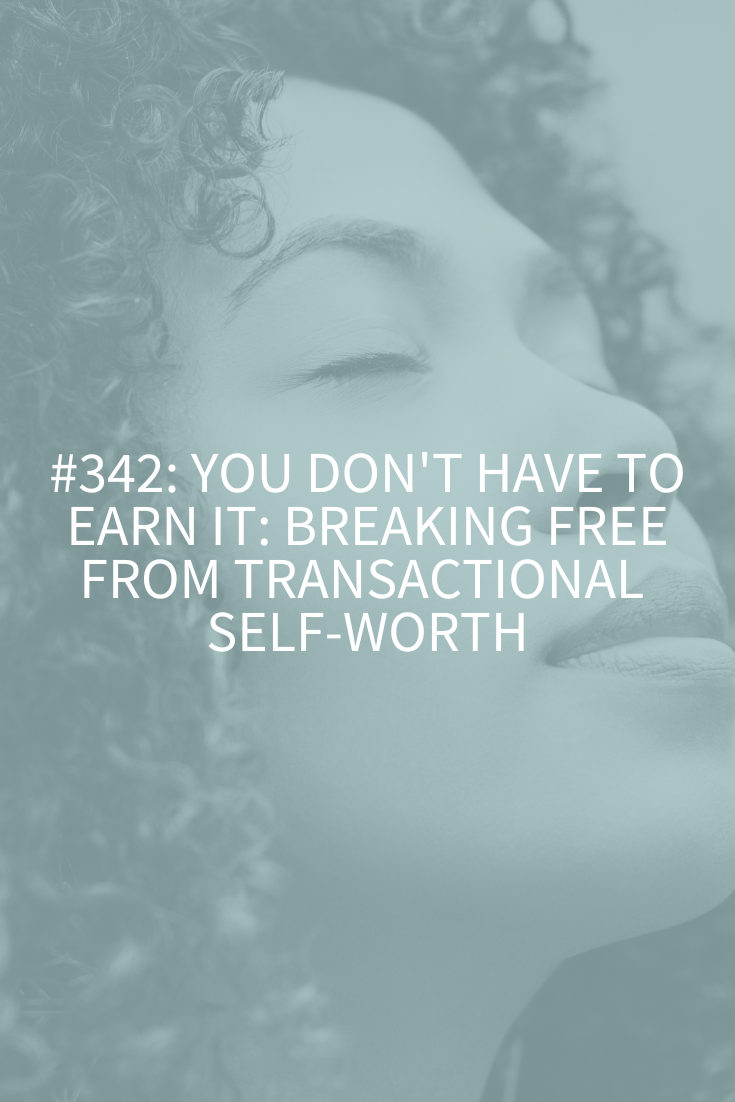
I know you’ve heard that curiosity killed the cat, but that negative spin is all wrong! We know from the research that curiosity will help with everything from improving your relationships, to coping better with rejection to feeling happier and more fulfilled in your life. In the last thirty years, we’ve amassed a lot of great research illustrating the benefits of curiosity. In fact, describing a day you felt curious will boost your mental and physical state by 20% more than if you told me about a day you felt incredibly happy! Today we’re going to discuss the biggest benefits of curiosity and my top tips for easily being more curious in all your relationships.
5-minute read
As humans, we are profoundly curious beings. From an evolutionary perspective, seeking out the latest and newest information was vital to our reproduction and survival. In fact, when we get new information, the reward structures in our brains are activated, and the research shows that new information stimulates our brains the same way sex and food do! When your curiosity is aroused, your brain is flooded with dopamine, so you’ll want to explore whatever is interesting you further.
What is Curiosity?
To be curious means you approach new or challenging things with a desire to increase your knowledge. It means you want to learn or know something. There are basically three types of curiosity identified in the research:
- Diversive curiosity which is the momentary inclination to explore new things
- Epistemic curiosity which is a desire for knowledge in a particular area and
- Empathic or social curiosity which is the desire to understand other people’s feelings and thoughts.
Today, we’re going to talk about this third type and how you can literally improve all your relationships by being curious.
I’ve long talked about the need to be curious in relationships and more recently in the need to be curious when you’re creating (and keeping) healthy boundaries with others.
Benefits of Curiosity
Before I get into the specifics of social curiosity, I want to be clear that all types of curiosity will bring positive rewards into your life. Being curious will:
- Release dopamine and boost your energy
- Make you better at your job
- Help you learn better
- Make you happier, increase your life satisfaction and improve your mood
- Help you be more creative and playful
But let’s get more specific about how it will improve your relationships. Todd Kashdan, PhD, is a psychology professor at George Mason University and has been researching curiosity for the last twenty years. Much of the research from today’s episode comes from his book Curious? Discover the Missing Ingredient to a Fulfilling Life. Here are four things he (and other researchers from around the world) have found:
1. Curious people are less defensive and bounce back from rejection better
The research has shown that people who are curious tend to be better at having a healthier perspective in various situations. What this means is that they are better at conflict resolution and have more ease around differing opinions than their own. Kashdan goes so far as to call curiosity the antidote to defensiveness.
Another study done in Japan showed that curious people were able to maintain a higher satisfaction with their lives and were happier when faced with social rejection. In fact, they had no increases in rates of depression or even social anxiety, unlike their less curious counterparts.
2. Curious people connect better with others
Curious people absolutely connect better with others which, of course, improves your relationships. Kashdan says, “When you show curiosity and you ask questions, and find out something interesting about another person, people disclose more, share more, and they return the favor, asking questions of you…It sets up a spiral of give and take, which fosters intimacy.”
And curious people don’t just do better with those close to them. The research shows that people who are curious also connect better to strangers. In one study, they asked strangers to ask and answer personal questions to one another (something scientists call reciprocal self-disclosure). They found that people who showed authentic curiosity in the conversation were rated as warmer and more attractive.
3. Curious people connect better with themselves
Scott Shigeoka from the University of Texas, Austin and the author of the book SEEK: How Curiosity Can Transform Your Life and Change the World, has also done incredible research around curiosity and has found it to be transformative in individuals having a deeper and more satisfying connection with themselves.
He says that developing curiosity “strengthens your relationships, not just with others but also with yourself. It involves detaching from assumptions and biases, and approaching situations with an open mind… which can be the ultimate force for connection.”
4. Curious people are less aggressive
The research has also found curious people to be less aggressive which results in better and easier conflict resolution and closer, more intimate relationships. Kashdan believes that this is also related to curious people’s ability to step back and find perspective easier than non-curious folks. When you’re curious, you’re seeking to understand and are more open to other people’s opinions and viewpoints. You stop judging and start asking questions. This makes it easier to control your emotions and engage in meaningful ways that encourage open dialogue and understanding.
Four Ways to Cultivate a More Curious Mindset
Now that you’re clear that curiosity breeds true emotional closeness and intimacy, it’s time to start practicing being curious and consciously cultivating a more curious worldview. Here are my top four tips:
- Go in to every conversation trying to learn something, not prove something.
- Whenever you’re in disagreement or being given feedback, stop, take a breath and make a point to listen like you’re wrong.
- Don’t SAC. Don’t offer Suggestions, give Advice or Criticize. Instead of making any statements, do your best to only ask collaborative questions.
- Answer every bid that comes your way. This means when your partner, mom or coworker shares something that you might have previously found boring (or even annoying), consciously shift into a curious state of mind. If someone else shares anything, happy or sad, get interested and ask those questions to delve deeper and connect.
Reminder, if you’ve bought either of my books, please leave a review on Amazon.
-
Leave a review for Be Happily Married: Even If Your Partner Won’t Do A Thing
-
Leave a review for Boundaries Made Easy: Your Roadmap to Connection, Ease and Joy
Research and Resources for Being Curious Will Improve All Your Relationships
Min Jeong Kang, et al. The Wick in the Candle of Learning, Psychological Science, Vol 20 No. 8
Boundaries Made Easy: Your Roadmap to Connection, Ease and Joy by Dr. Abby Medcalf
Curious?: Discover the Missing Ingredient to a Fulfilling Life by Todd B. Kashdan
Todd B. Kashdan and John E. Roberts. Trait and State Curiosity in the Genesis of Intimacy: Differentiation From Related Constructs. Journal of Social and Clinical Psychology Volume 23 Issue 6 Dec 2004. https://doi.org/10.1521/jscp.23.6.792.54800






